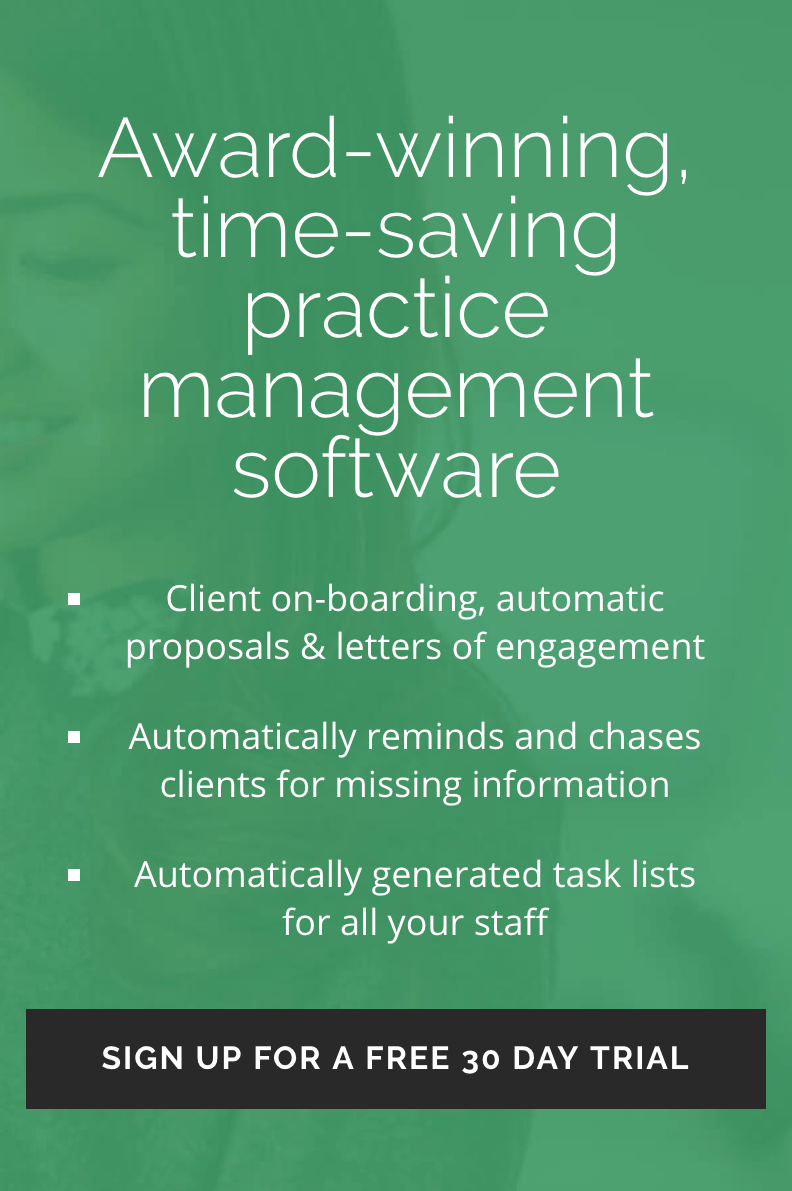On 5 November, Chancellor Rishi Sunak announced that as part of the new national lockdown the Coronavirus Job Retention Scheme (CJRS) has been extended until the end of March 2021. This announcement updates the Prime Minister’s previous announcement on 31 October that the CJRS would be extended for a month until December.
The scheme has also reverted to its original level of support. Furloughed employees will receive 80% of salary for hours not worked and businesses asked only to cover national insurance and employer pension contributions.
The CJRS was due to have ended on 31 October after being scaled back to cover 60% of salaries during that month.
Chancellor Rishi Sunak said that the scheme will retain the flexible element and furloughed employees will receive 80% of their current salary for hours not worked, up to a maximum of £2,500.
A statement from the Treasury also confirmed that the Job Support Scheme (JSS), which had been due to launch on 1 November has now been postponed, and will not start until the CJRS has closed.
Chancellor Rishi Sunak said:
‘I’ve always said I would do whatever it takes to protect jobs and livelihoods across the UK – and that has meant adapting our support as the path of the virus has changed.
‘It’s clear the economic effects are much longer lasting for businesses than the duration of any restrictions, which is why we have decided to go further with our support.












